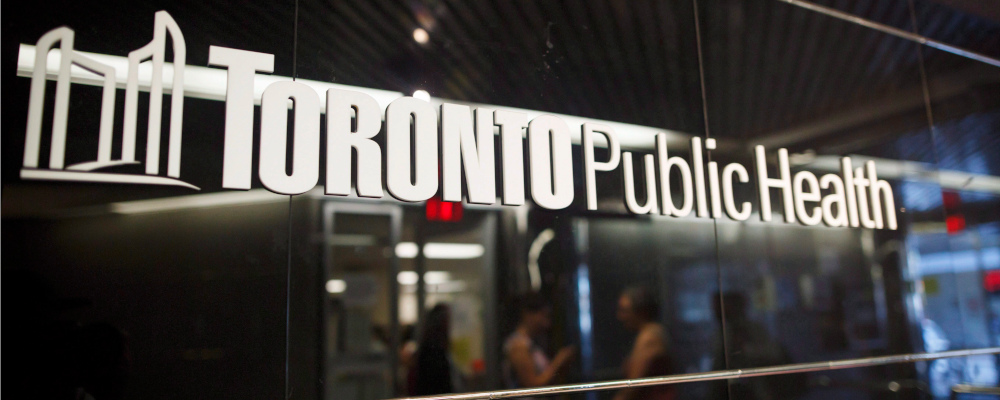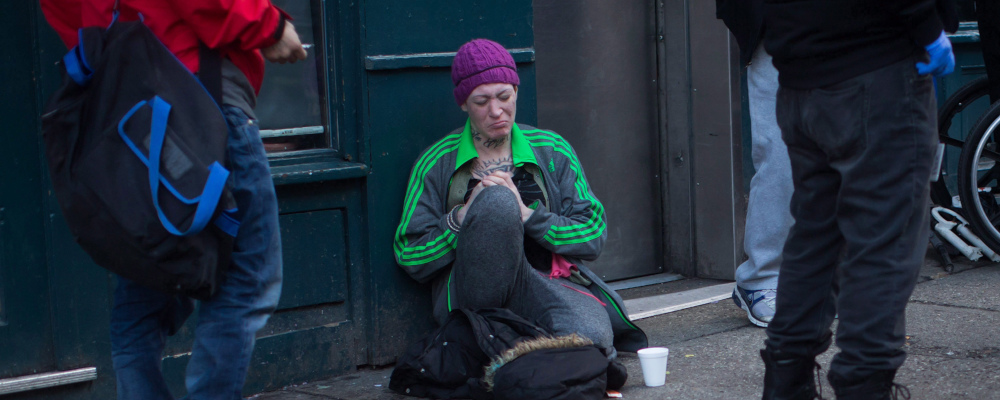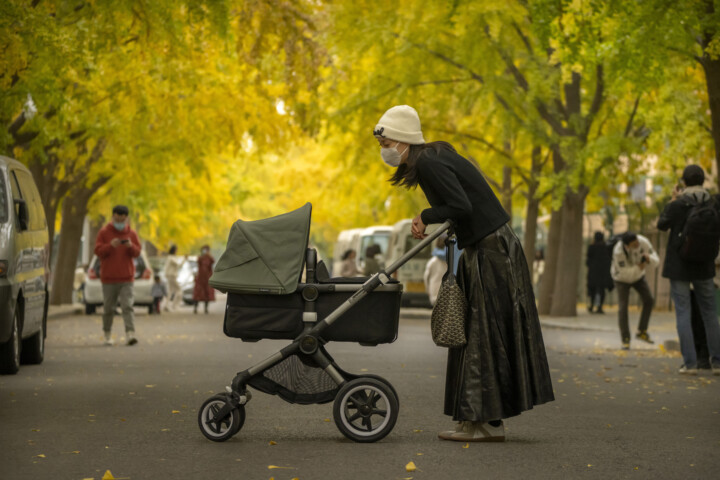Last week, Canadians, particularly those in Ontario, may have been forgiven for feeling a brief frisson of optimism after a series of announcements seemed to indicate our various orders of government had made a rare, reasonable decision on drug policy. The feeling is understandable, but sadly it is mistaken.
After weeks of Conservative leader Pierre Poilievre pounding the federal government over its support of the City of Toronto’s insane request to follow British Columbia’s failed (and now reversed) decriminalisation experiment, the province of Ontario belatedly announced that it would not support such a plan. The federal government in Ottawa reluctantly followed suit, announcing that it would also temporarily retreat. And finally, Toronto itself acknowledged that its desire to descend further into the crime and chaos of decriminalisation was doomed for the moment and pivoted to pleas for cooperation on a series of more modest-sounding alternatives.
Those of us who spend far too much time online witnessed a cacophony of usually reasonable people applauding these announcements, convinced that common sense had seemingly prevailed. Sadly, it has not.

What has been obscured by the dishonest theatre of these recent announcements is that all of our incumbent governments, at all levels, are aligned in preserving the status quo on drug policy, which has failed, continues to fail, and is destined to continue failing badly. Regardless of the grand pronouncements from the Province of Ontario on “opposition to decriminalisation” and Ottawa’s half-hearted retreat on the same (a policy the Trudeau government’s rhetoric indicates that it clearly still believes in) the reality on the ground is that drugs in Toronto are already decriminalised in practical terms.
I live in Leslieville, the neighbourhood just east of downtown Toronto where much of the debate on this topic has come to a head in the past year or so. For further background on what has transpired in our diverse and gently gentrifying community, I strongly recommend reading the cumulative work of my courageous and dogged neighbour Derek Finkle and the peerless and fearless Adam Zivo.
In brief, our neighbourhood was the site of a shocking murder last year, when a young mother was gunned down across the street from a supervised injection site at the South Riverdale Community Health Centre (SRCHC). Those accused of the crime include a group of three alleged drug dealers and a member of staff of the SRCHC, who is accused of aiding at least some of the shooters after the fact.
The outrage of this brutal crime and the ensuing investigation by concerned families in our neighbourhood uncovered some shocking facts that highlight the insanity of our current drug policies in Canada, and underscore why sensible people clearly believe that when it comes to drug policy, Canada is broken.
First, the reason that the three drug dealers were fighting over the turf in front of the SRCHC (the busiest intersection in our community) was because it was both the epicentre of drug users in the area and because the police practiced what they euphemistically called “nuanced policing” in the area immediately adjacent to it. Turns out, the “nuance” was that the police simply didn’t go there, so every part of the drug supply chain was free to do quite literally whatever they wanted.
Second, if you looked past the soft-sounding terminology they employed with vigour, the actual beliefs and actions driving the activists who had their hands on the levers of drug policy across all three levels of government could be boiled down to this: they were pro-drug, and in favour of drug users continuing to slowly destroy themselves and their surroundings with increasingly potent poison, without consequence and in perpetuity.
Third, the passion of the activists and their cousins in the public health bureaucracies, and the doublespeak of their terms, had created an environment where anyone who questioned why we were pursuing these policies was attacked relentlessly as heretics, villains, and simpletons. Our provincial government, in response to overwhelming outcries from the community, launched half-hearted studies and investigations that are clearly on a road to nowhere, while the site and attendant policies at the centre of all of this continue mostly as before.

This is the status quo today. So, when we see celebration that we haven’t adopted the same insane, failing path that has been destroying the lives and neighbourhoods of Vancouver and are instead maintaining the course we were already on, many of us see no cause for jubilation.
A couple of weeks ago, when Toronto was still pining to follow Vancouver’s path into the abyss, the lead “public health expert” in Toronto, Eileen Da Villa, attempted to soothe our concern by saying that decriminalisation would not lead to a scenario where people could use drugs in parks or on the TTC with impunity. In one sense it may be true that the new policy wouldn’t have enabled that, but only because that is already the reality in Toronto under our existing policies.
Everyone who regularly takes the TTC or lives in any proximity to one of our many deteriorating public parks can tell you stories of people smoking crack on their streetcar (I personally have seen it no less than six times in 2024 alone), or shooting up in their local park, leaving used needles strewn around the swing sets and colourful slides and monkey bars. I’m part of a local community chat group in Leslieville where there are pictures shared literally every single day of exactly this occurring in our neighbourhood alone.
Indeed the parallel universe where the decriminalisation debate was taking place was so frustrating because it seemed designed to obscure the truth and the practical reality on the ground. What a bizarre sight to witness the Minister of Health Sylvia Jones declaring she would never allow to happen in Ontario what she in fact currently allows—and has been allowing for as long as she’s been in the role.
The head-pounding dishonesty of this is a microcosm of so much of the public policy debate on this topic, where the public health “experts” get to deploy terms like “harm reduction” to describe policies that have been shown to increase harm to both drug users and the communities around them. Similarly, these same so-called “public health experts” are able to describe their adherence to “evidence-based policies” to describe policies for which there exists zero truly compelling evidence of success, either academic or practical.
Finally, the debate around whether or not we should decriminalise drug use obscures the fact that across Ontario and around the country, law enforcement already treat these drugs as not worth their time to intervene with, regardless of the formal status of policies in place. Even those of us who are apoplectic about how this “wacko” descent into death and chaos has been allowed to occur don’t want criminal charges brought against drug users (dealers and purveyors are a different story). Rather, we want a sensible policy that treats these poisons rationally, treats the addicts who are suffering under their effects with compassion, and to build a policy environment that prioritises treatment and recovery to bring our loved ones home drug-free.
What we have today, is a situation where drug dealers operate with impunity and our public health expert class has as their primary goal the erosion of “stigma” around using poison that kills thousands of Canadians with increasing volume and speed. All of this while every elected level of government also cowers in fear lest they be criticized by a class of “experts” who have advocated for and presided over a descent into death and chaos that they excuse by deploying an Orwellian lexicon of doublespeak and then congratulate themselves for having the courage to maintain.
Enough is enough. We need new policies, and new elected members at every level of government with the courage to take on the lunatics and activists who have taken over our public health institutions and created this nightmarish environment that is destroying lives and communities from coast to coast.
Don’t be deceived by the dishonest theatre of our so-called leaders. The status quo of drug policy in Canada is broken, and it’s long past time to replace the cowards and villains who have let it happen.
Recommended for You

The collapsing birth rate becomes front-page news, and a long-foretold financial crash? The Hub predicts 2026

Carney gets a majority, but Canadians vote the Liberals out in a snap election: The Hub predicts 2026

Supply management will be sacrificed to appease Trump, and the Netflix takeover is bad for Hollywood: The Hub predicts 2026

Canada will attempt to join the EU and Justin Trudeau becomes a Katy Perry lyric: The Hub predicts 2026



